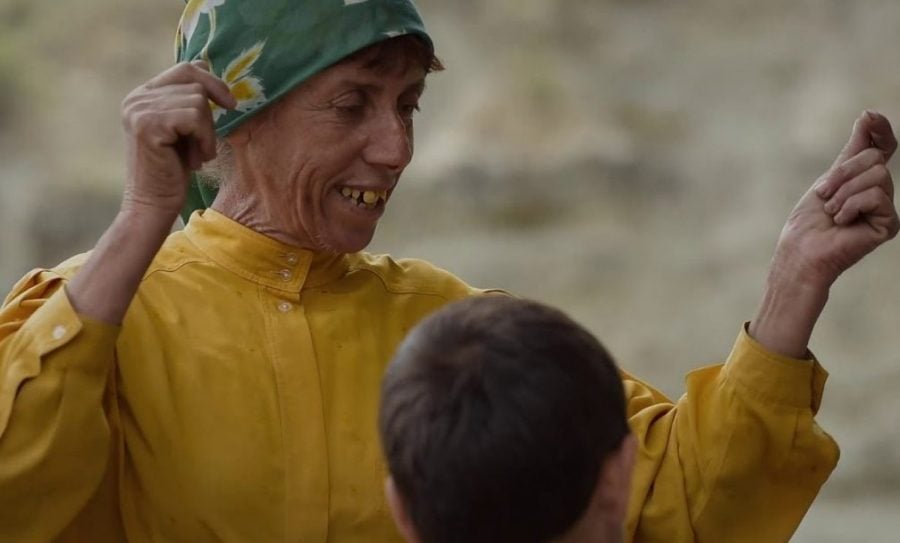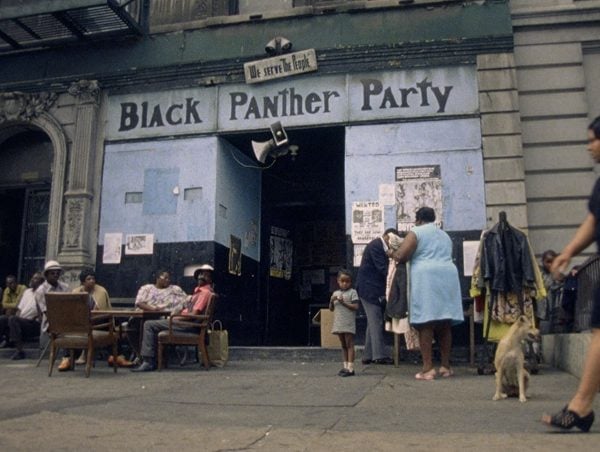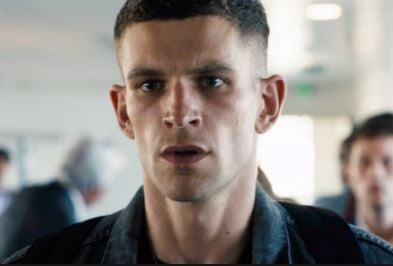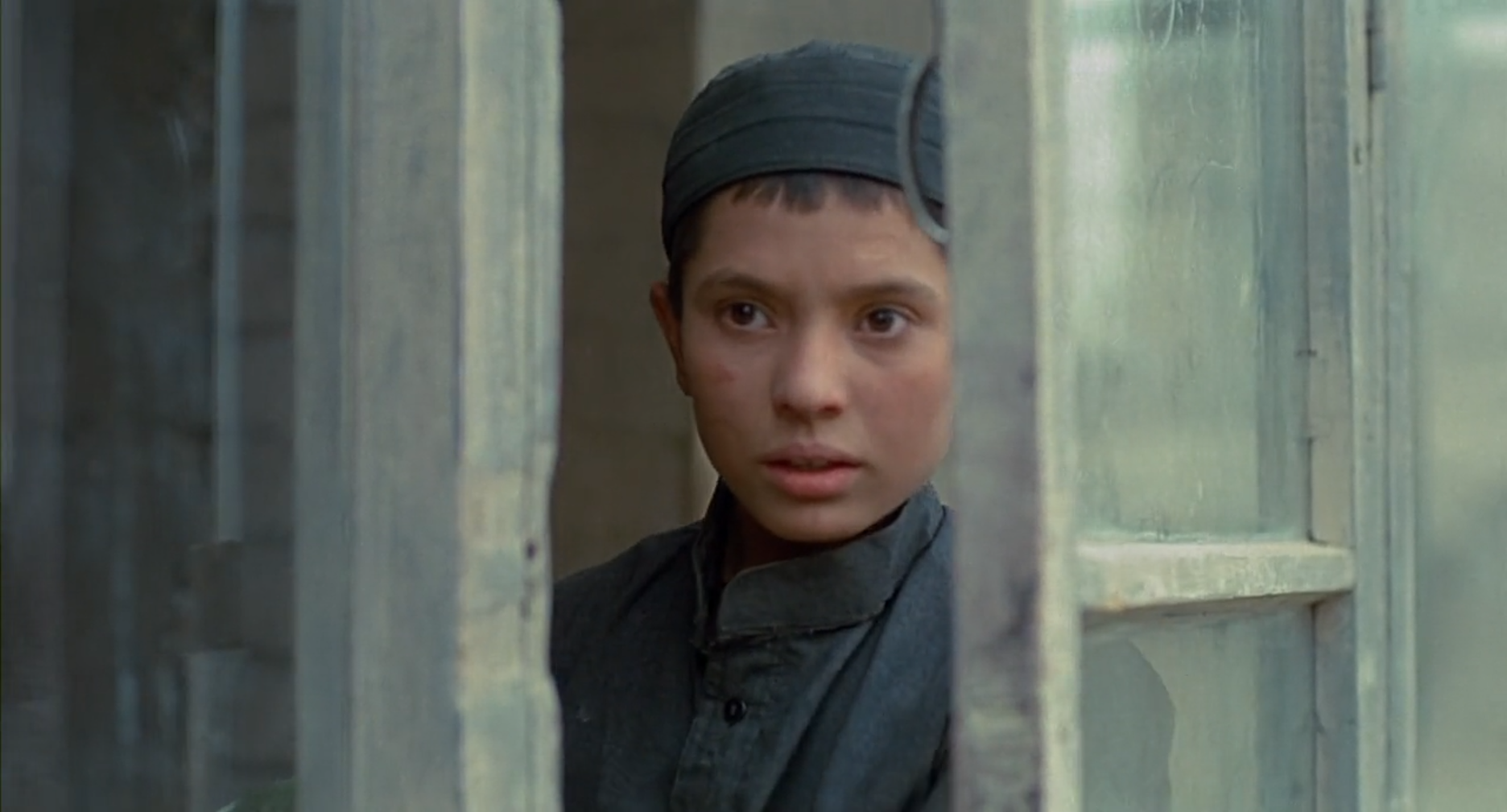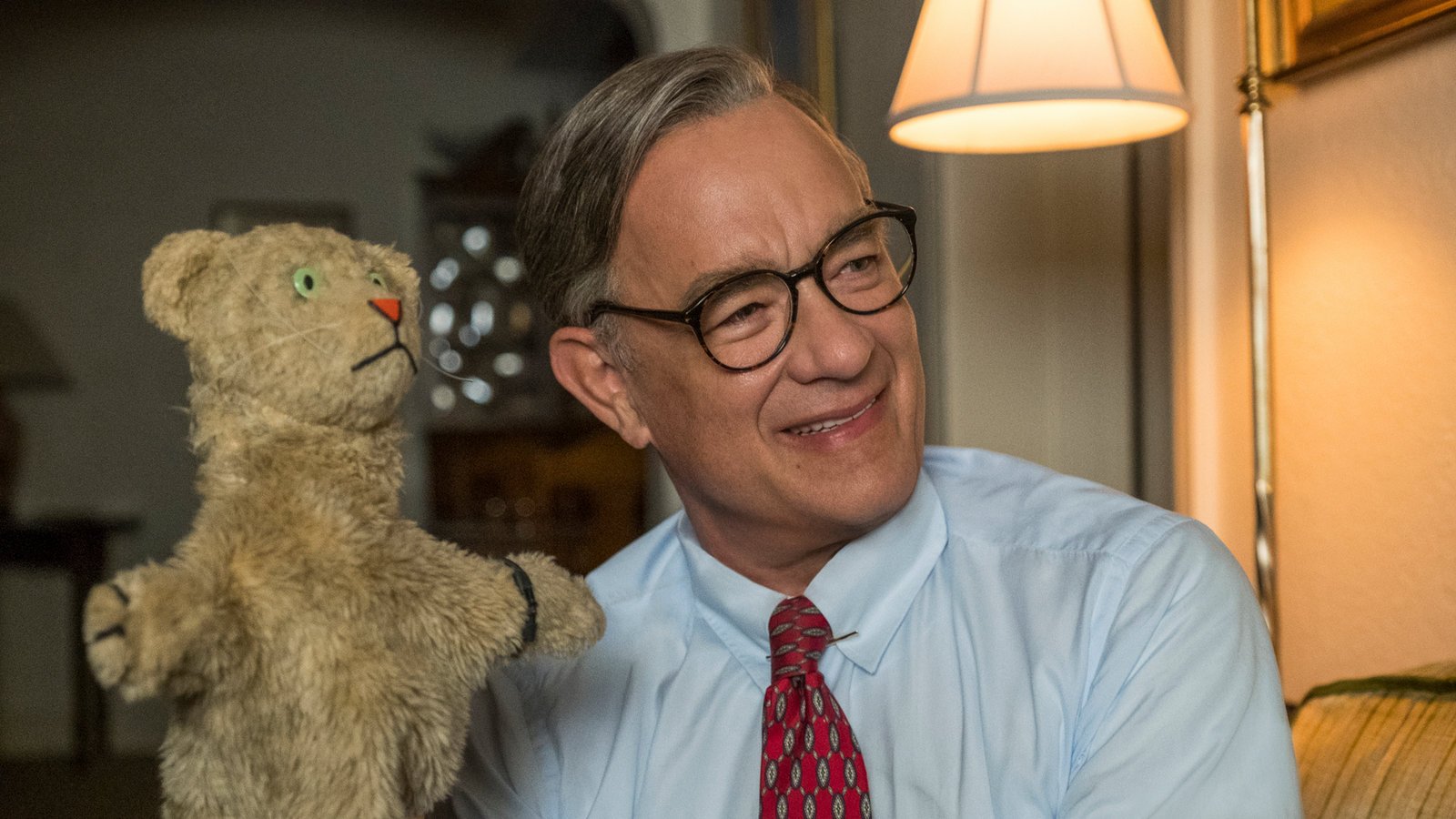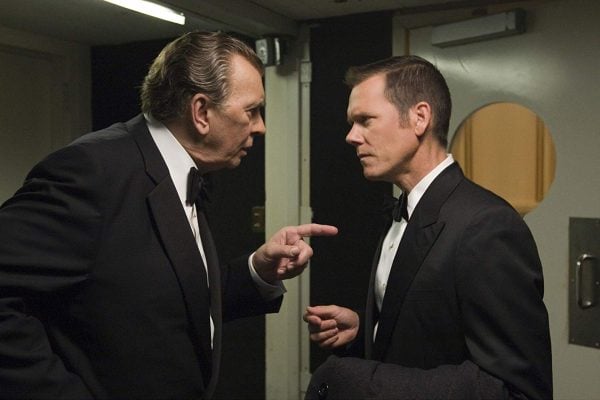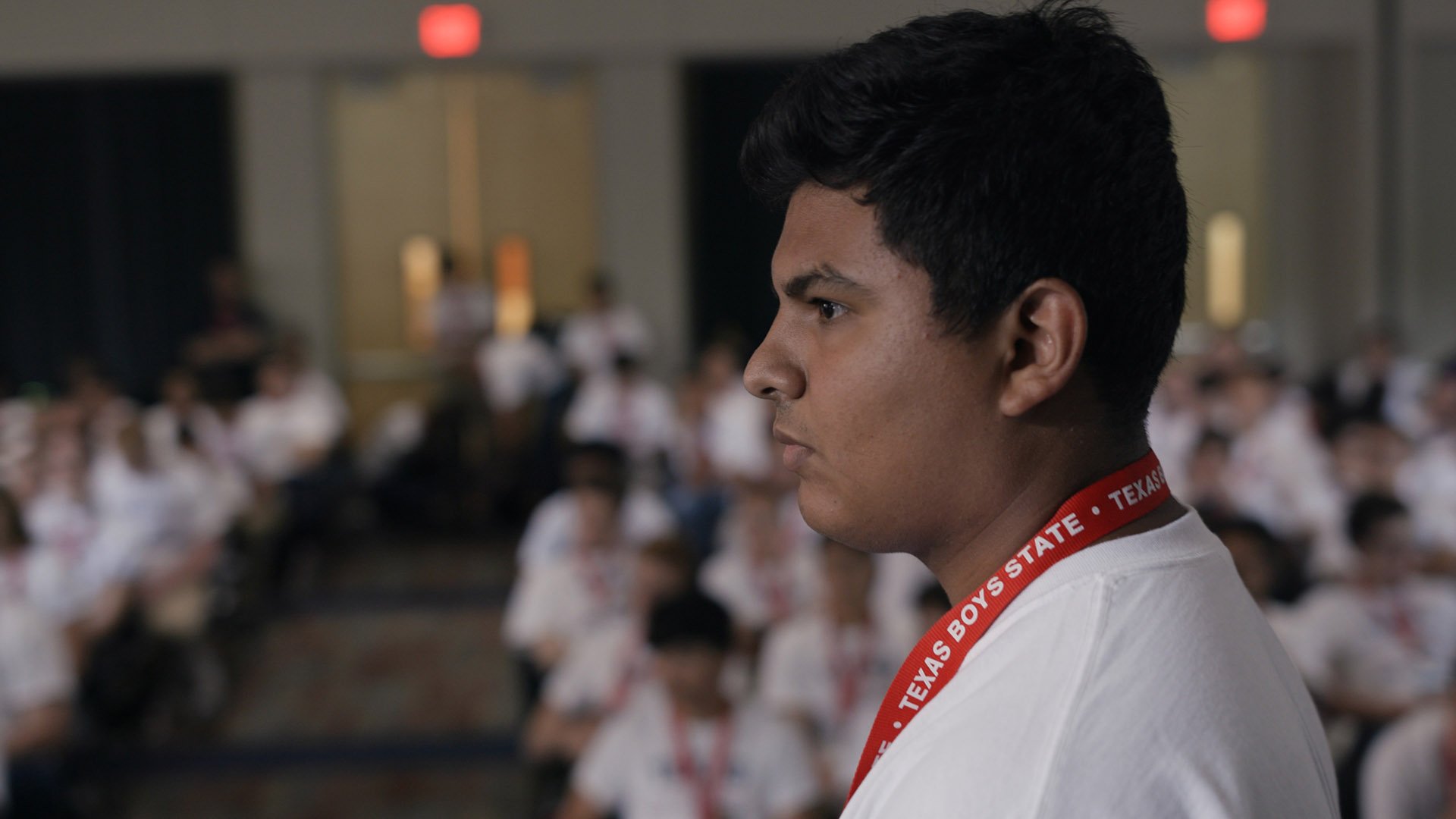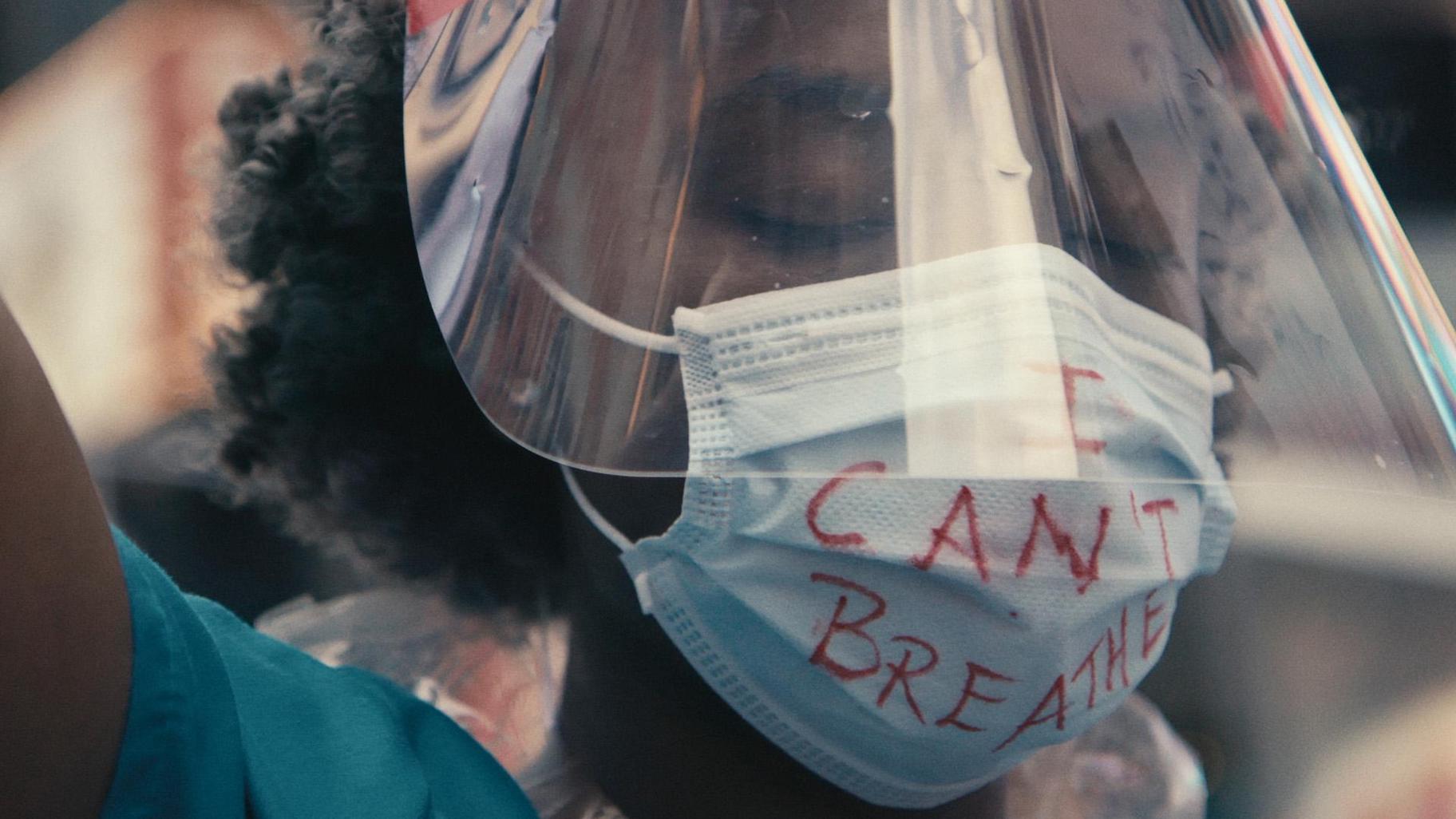
50 Informative Movies for Teachers and Students
April 8, 2025
Share:
Whether you’re a teacher trying to switch things up in your lesson plan or a student looking for a fun way to get into a research topic, you have to admit that movies can be useful tools for class, too. And while many filmmakers set out to entertain us or express themselves through cinema, just as many also seek to educate or bring a little-known subject to light—be it through documentaries or through stories inspired by real situations. So we at agoodmovietowatch have compiled a varied selection of little-known but highly-rated movies that we think could teach you something new and keep you engaged in the process.
Read also:
1. Honeyland (2019)
Genres
Director
Actors
Moods
The first movie to be nominated for both the Documentary and Foreign-Language Oscar categories and the most awarded film of the 2019 Sundance Festival, Honeyland quietly accompanies the last wild beekeepers in Europe over three years. It portrays the lonely and primordial life of Muratova, which is centered around harvesting honey according to the rules of her ancient ancestors and caring for her ailing mother.
Originally planned as an environmental documentary, this film evolved into something completely different, as it often goes with immersive documentaries, when the Macedonian directors Tamara Kotevska and Ljubomir Stefanov met beekeeper Hatidže. The film takes another sudden turn when Muratova’s life is upended by a nomadic family settling next door, threatening her tradition, her way of life, and her natural environment.
This unbelievable cinematic journey is a feast for the eyes thanks to the amazing work done by cinematographer Samir Ljuma. However, despite the awe-inspiring imagery, Honeyland never imposes on its subject, creating an incredible intimacy with Hatidže’s life and her natural environment. Breathtaking!
2. Exit Through The Gift Shop (2010)
Genres
Director
Actors
Moods
What happens when Banksy, one of the most famous ambassadors of street art, meets Mr. Brainwash, an egocentric aspiring French artist? Well, one of the funniest, interesting and exciting documentaries ever made about art, commercialism and the apparent gulf between them. But is it really a documentary? This confident and zany film will leave you guessing.
3. The Black Power Mixtape 1967-1975 (2011)
Genres
Director
Actors
Moods
Between 1967-1975, a group of Swedish filmmakers traveled to America to document the Black Power movement. The resulting archival footage of Black activists and intellectuals, including Bobby Seale, Huey P. Newton, Eldridge Cleaver, and the amazing Angela Davis, was hidden in an archive until it was unearthed and woven together by Göran Olsson, a Swedish director. Angela Davis also supplies some contemporary voice commentary alongside many others, such as Erykah Badu, Harry Belafonte, and The Roots drummer and rap culture’s No. 1 record keeper Questlove, who also co-scored the film. This adds to the mixtape feel of the film as does the raw and unfiltered piecing together of the historic footage, giving the viewer an authentic impression of the movement and the struggles of the time. Being Swedish, the filmmakers dared to go where American mainstream TV might have never gone.
4. BPM
Genres
Director
Actors
Moods
Autobiographical in nature, 120 BPM is French screenwriter Robin Campillo’s first feature film. It revolves around the Parisian chapter of the AIDS advocacy group ACT UP, which Campillo was a member of in the early 1990s, and the love between Nathan, the group’s newest member, who is HIV negative, and Sean, one of its founding and more radical members, who is positive and suffers the consequences of contracting AIDS. Using fake blood and spectacular direct action, ACT UP advocated more and better research of treatment, prevention, and awareness. This was at a time when many, implicitly or explicitly, viewed AIDS as a gay disease, even as a punishment for the gay community’s propensity to pleasure and partying. The latter is reflected by the film’s title, 120 bpm being the average number of beats per minute of a house track. Arnaud Rebotini’s original score echoes the ecstasy-driven house music hedonism of the time with some effective original cuts, albeit with a melancholic streak. Because, for all the love, friendship, and emotion of the ACT UP crew that BPM so passionately portrays, anger and sadness pervade the lives of these young people as the lack of effective treatment threatens to claim the lives of their loved ones.
5. Procession (2021)
Genres
Director
Actors
Moods
Difficult but essential viewing, Procession tracks the progress of six men undergoing art therapy—specifically, by creating short filmed scenes to process their trauma from being sexually abused by Catholic priests. The resulting films we get to see are wildly varied in the emotions they express, forming a rich and powerful tapestry of the effects abuse can leave on individuals. And to see these men confront the worst events of their lives through filmmaking begins to feel like validation for filmmaking itself, that it can truly be an art form that changes and saves lives. But even more striking, somehow, is the unbreakable bond that forms among these survivors throughout this entire process, captured with reverence and overflowing compassion by director Robert Greene.
6. Osama (2003)
Genres
Director
Actors
Moods
It has become increasingly rare to find films made in Afghanistan, so when a movie like Osama comes along, it becomes nothing short of essential viewing. This is a profoundly depressing but beautifully crafted story of a young girl made to look like a boy so as to go unnoticed by Taliban forces while trying to help her family. It’s a simple film wherein this character’s budding awareness of her girlhood is set against a terrifying backdrop of violence, abuse, and fundamentalist extremism—all of which director Siddiq Barmak keeps off the screen.
Barmak knows exactly what to point his camera at, covering multiple angles of life in Taliban-controlled Afghanistan without calling attention to himself, and still finding ways to show the smallest shreds of sympathy and support hiding within this society. And in the lead role, a teenage Marina Golbahari delivers a towering, heartbreaking performance that never registers as anything but authentic. The fear that she embodies is almost too real to watch without becoming afraid yourself. Osama is incredibly difficult viewing, but it’s a truly valuable work of art that deserves to be preserved.
7. A Beautiful Day in the Neighborhood (2019)
Genres
Director
Actors
Moods
Journalist LLoyd Vogel (Matthey Rhys) scoffs at the prospect of a profile commission, or a “puff piece”, as he calls it. His self-respect and professional ruthlessness has driven people away and this assignment may well be a test from his editor. But it is serendipity that brings Lloyd to American TV host Mister Roger (Tom Hanks) and his child-oriented show, at a time when he, a new father, is confronted with his own paternal trauma. No heavy psychological lifting here, but A Beautiful Day in the Neighborhood might be one of the most profound films about father-son relationships ever made. Notably, the film is directed by a woman, Marielle Heller (The Diary of a Teenage Girl). In her film as in his show, Mister Roger doesn’t have to do much: he listens, he speaks, he suggests, and while his kindness may seem frustrating at times, it is truly radical. Additionally, Lloyd’s character is based loosely on writer Tom Junod, whose encounter with Rogers ended up a profile in Esquire magazine.
8. Frost/Nixon (2008)
Genres
Director
Actors
Moods
A relevant and deeply entertaining movie that only has the appearance of being about politics. In reality, it is about television, and one brilliant journalist’s pursuit of the perfect interview. Richard Nixon stepped away from the public eye after the Watergate scandal, and was counting on a series of interviews three years later to redeem himself. His team assigns an unlikely reporter to sit in front of him, a British reality TV host named David Frost. Both men have everything to gain from this interview by going against each other, as Frost tries to extract a confession of wrongdoing in Watergate that Nixon never gave. Who will win? The master manipulator or the up-and-coming journalist? Frost / Nixon was originally a play, and this adaptation is full of drama and boosts great dialogue.
Read also:
9. Angry Inuk (2016)
Genres
Director
Actors
Moods
Like all great documentaries, Angry Inuk is about way more than its tagline. At first glance, it’s about how anti-sealing activism has been harming Inuit communities since the 1980s, to the point of instituting the highest rates of hunger and suicide anywhere in the “developed” world. But beyond, it’s about the complicity of the government of Canada. A crushed seal-based economy means that the Inuit have to agree to oil and uranium mining in the Arctic.
Angry Inuk is also about the corrupt behavior of animal rights organizations like Greenpeace: seals are actually not on the endangered animal list but NGOs focus on them because they make them money.
It’s an infuriating but incredibly important documentary. One that is not about how Canada has a bad history, but about how Canada is harming the Inuit right now.
10. Boys State (2020)
Genres
Director
Moods
What starts out as as a summer camp of teenage boys not taking anything seriously grows into a rousing portrait of their hopes and dreams for the future. You wouldn’t expect a documentary like this—shot like a reality TV show—to carry so much weight, but Boys State knows how to unearth the values that drive each of its incredibly well-rounded characters. So by the time these young men have assembled their mock governments and are casting their votes, it feels like the spirit of an entire generation is on the line. This is powerful, entertaining, and ultimately tear-jerking filmmaking that shows us how much work we still have to do and how much hope there still is.
Comments
Add a comment
Ready to cut the cord?
Here are the 12 cheapest Live TV streaming services for cord-cutting.
More lists
Lists on how to save money by cutting the cord.
Curated by humans, not algorithms.
© 2025 A Good Movie to Watch. Altona Studio, LLC, all rights reserved.
